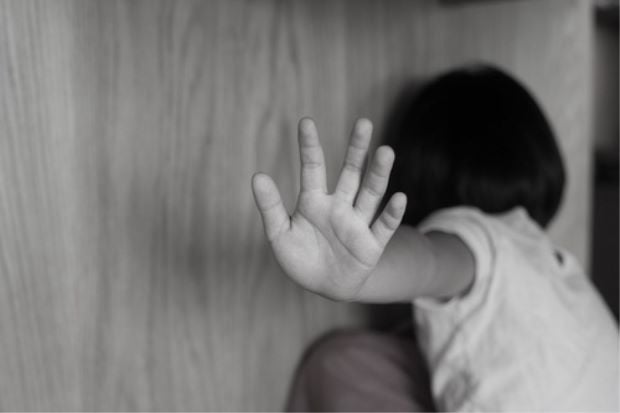Parents may face 4 to 6 years in prison for child abuse

CEBU CITY, Philippines — Parents who cross the line from discipline to abuse could face four to six years in prison.
This was what the Supreme Court (SC) reiterated in its decision made public on January 9, stating that excessive discipline harming a child’s dignity qualifies as child abuse under Philippine law.
The SC upheld the conviction of a father who subjected his 12-year-old daughter and 10-year-old son to violent and degrading punishments between 2017 and 2018.
The court emphasized that while parents have the right to discipline their children, such measures must not result in violence or harm to the child’s dignity.
READ:
Child discipline tackled in Cebu City read-along
Cebu City barangay intensifies child-protection measures
Disciplining kids becomes child abuse if it harms dignity, says SC
In its decision penned by Associate Justice Jhosep Y. Lopez, the SC’s Second Division ruled that the father’s actions, including kicking his daughter, pulling her hair, striking her with a wooden rod embedded with a nail, hitting both children with a dustpan, and cursing them, constituted child abuse.
The father claimed his actions were meant to discipline the children for misbehavior, such as failing to eat lunch or losing money from their savings.
However, the SC found that his violent and excessive measures showed a clear intent to harm the children’s dignity, a key criterion for child abuse under Republic Act No. 7610, also known as the Special Protection of Children Against Abuse, Exploitation, and Discrimination Act.
“Disciplining children must never debase, degrade, or demean their intrinsic worth as human beings,” the SC ruling said.
The father was sentenced to four to six years in prison, fined P45,000, and ordered to pay P180,000 in damages to his children.
The SC clarified that not all cases of physical discipline automatically amount to child abuse. For it to qualify, there must be evidence of intent to harm a child’s dignity.
In cases where this intent is absent, the offender may face charges under other provisions of the Revised Penal Code. /clorenciana
Disclaimer: The comments uploaded on this site do not necessarily represent or reflect the views of management and owner of Cebudailynews. We reserve the right to exclude comments that we deem to be inconsistent with our editorial standards.

